Understanding number sequence Math Worksheets for Ages 5-8
7 filtered results
-
From - To
Empower young learners with our engaging "Understanding Number Sequence Math Worksheets for Ages 5-8"! Perfect for nurturing foundational math skills, these worksheets help children master number sequences through fun, interactive activities. As they explore number patterns and order, kids enhance their counting abilities, develop logical thinking, and build confidence in math. Our carefully designed, age-appropriate worksheets cater to various learning styles, ensuring every child can succeed. With colorful graphics and hands-on tasks, these resources transform learning into an enjoyable adventure. Give your child the tools to excel in math with our comprehensive number sequence worksheets!
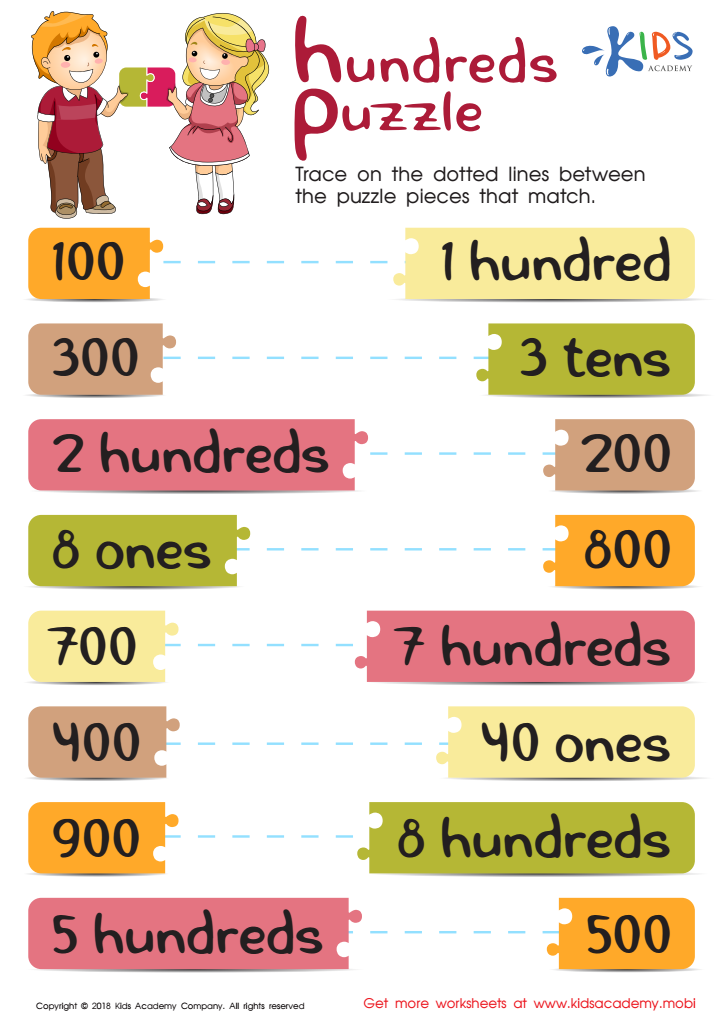

Hundreds Puzzle Worksheet
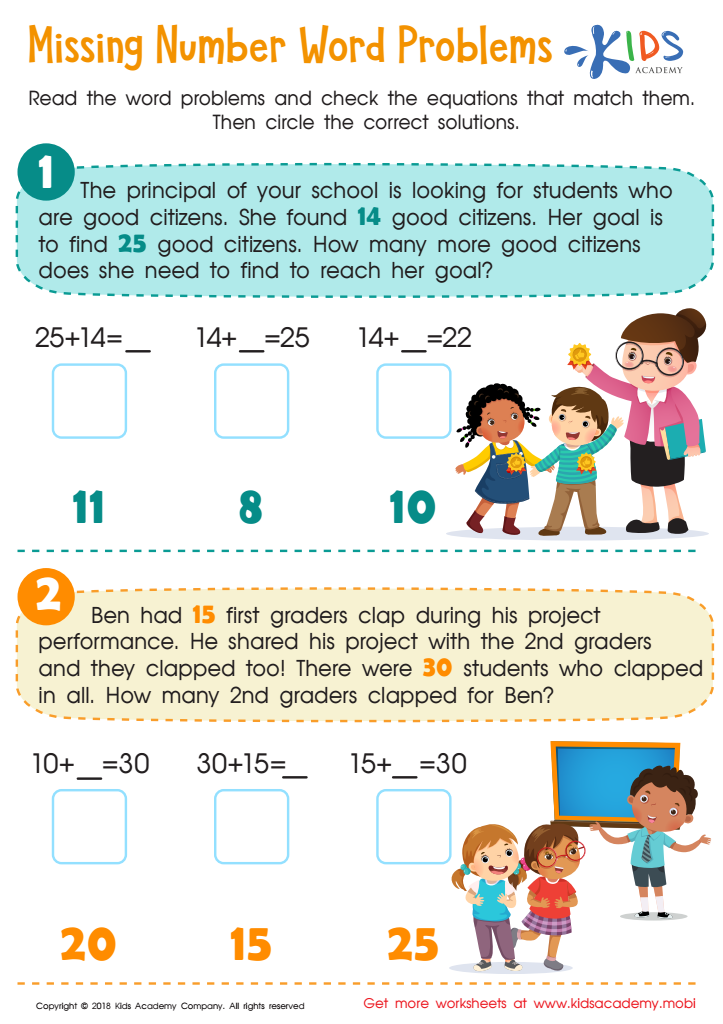

Missing Number Word Problems Worksheet
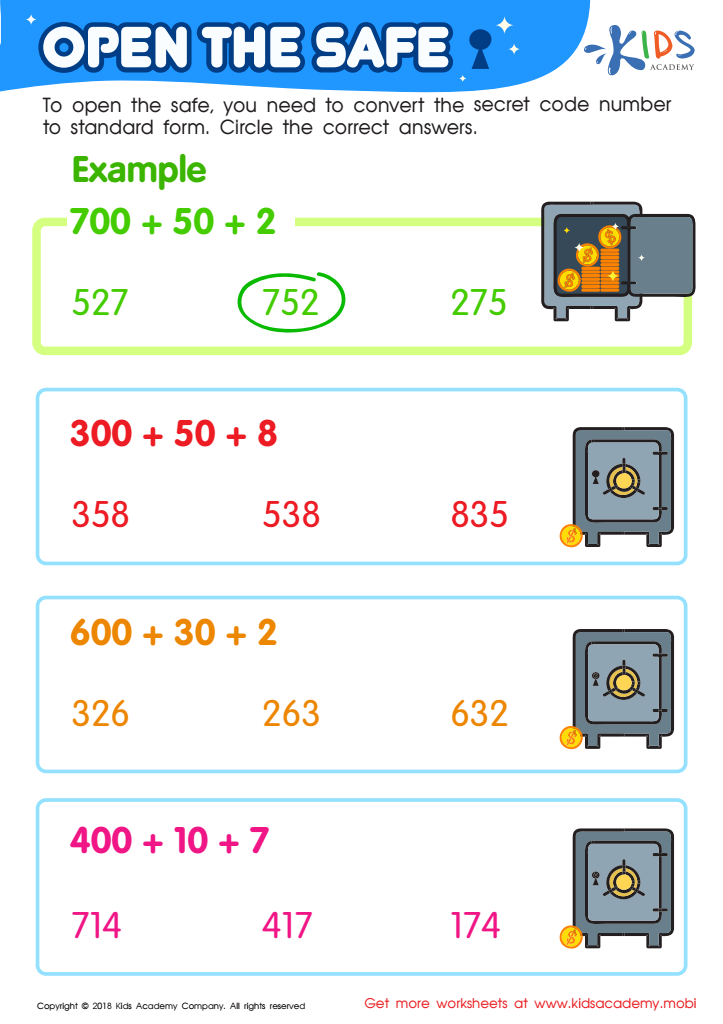

Open the Safe Worksheet
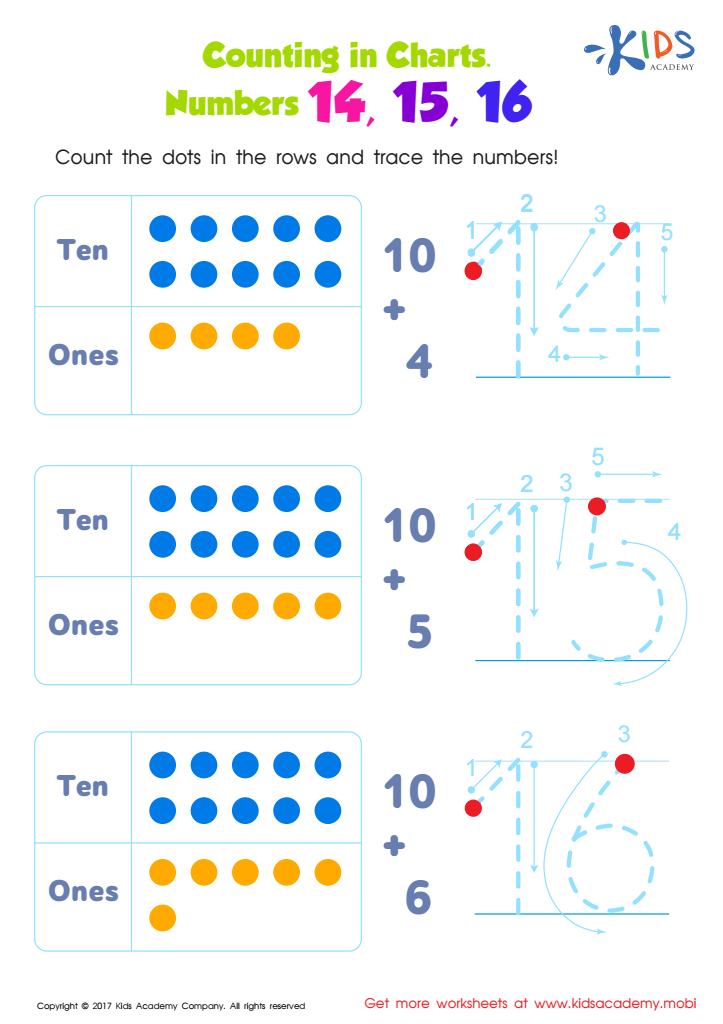

Number Tracing Worksheet
Understanding number sequences is fundamental for young learners, typically aged 5-8, as it establishes a vital foundation for their overall mathematical development. Parents and teachers need to emphasize this skill for several significant reasons. Firstly, mastering number sequences enables children to grasp the concepts of counting, addition, and subtraction more easily. It provides them with the sequencing skills that are essential for more complex mathematical operations. For instance, knowing the order of numbers helps children understand place value, a critical stepping stone toward performing arithmetic operations confidently.
Secondly, number sequences go beyond mere mathematical knowledge; they enhance cognitive development. As children learn to recognize patterns and predict what comes next, they develop logical thinking and problem-solving skills that extend to other academic subjects and real-life situations. Recognizing number sequences fosters early critical thinking and reasoning, helping children to form connections between different pieces of information.
Moreover, a solid grasp of number sequences provides emotional benefits. Children who feel competent in foundational math skills often exhibit higher confidence and a positive attitude towards learning. This confidence can reduce anxiety and promote a lifelong love of learning and exploration. For these vital reasons, ensuring that young learners understand number sequences is an essential responsibility for both parents and teachers, paving the way for future academic success and personal development.
 Assign to My Students
Assign to My Students




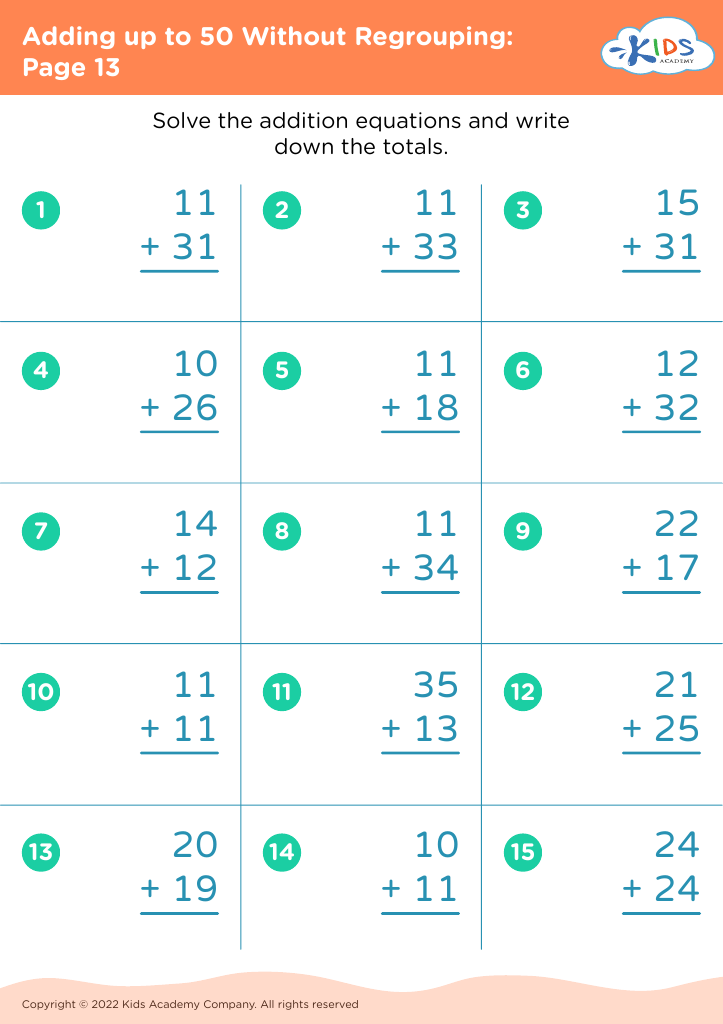




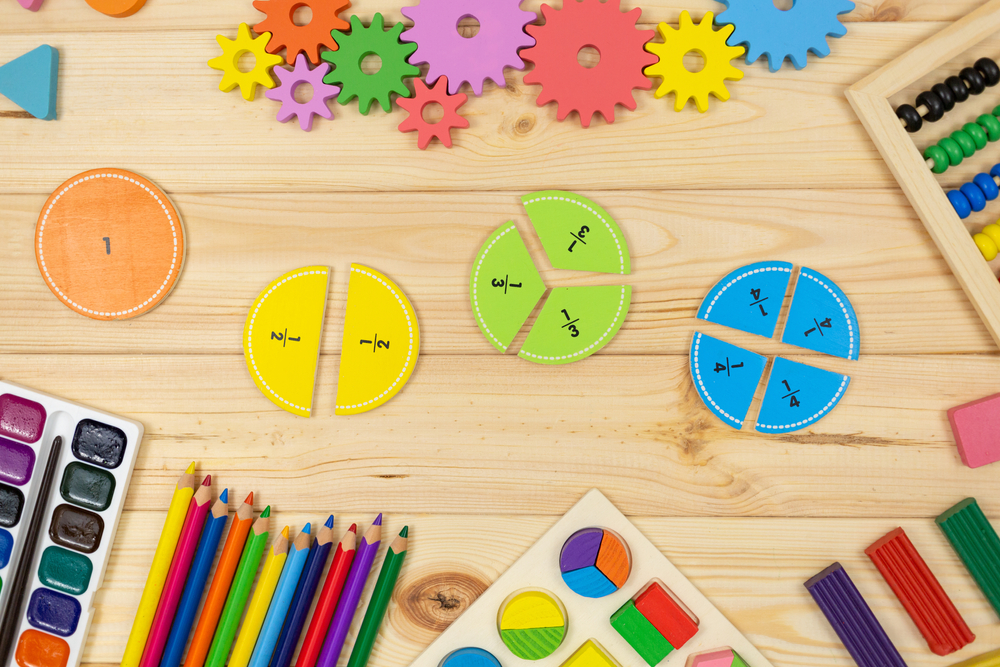

.jpg)












